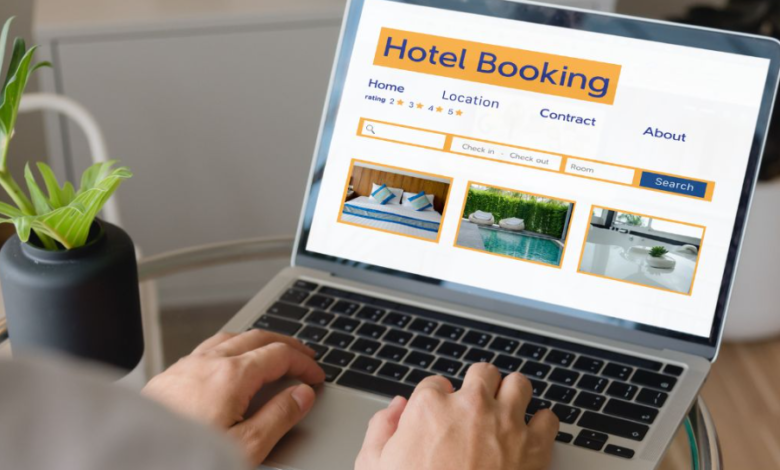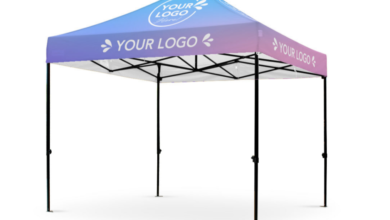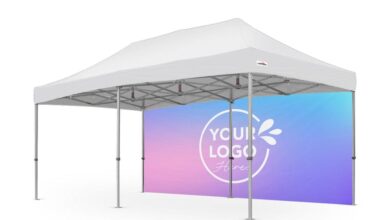Online Booking Engine Software vs. OTAs: What’s Better for Hotels?

When a guest visits your hotel website, what happens next determines your profit margins. Do they complete the reservation on your site? Or do they leave and book through an OTA, leaving you with a reduced payout? This moment defines the core difference between using an online booking engine software and relying solely on OTAs (Online Travel Agencies).
Behind this simple transaction is a web of real-time data sync, inventory management, pricing logic, and user journey optimization. A booking engine for hotel websites is no longer just an add-on, it is a vital tool for direct revenue. Meanwhile, OTAs offer visibility, but at a price.
This article breaks down both options so you can decide what fits your hotel best.
Direct Control with Online Booking Engine Software
An online booking engine software gives hotels control over the guest’s journey from the first click to payment. It sits on your website and allows guests to see live availability, compare room types, apply promotions, and pay securely, all without leaving your site.
When guests book directly, the hotel owns the full experience. That means:
- You can upsell without restrictions.
- You get the guest’s contact details for future marketing.
- You skip the OTA commission fee.
The system connects with your channel manager and PMS (property management system). Changes in rates or availability reflect instantly. This reduces overbookings, errors, and manual updates. The real benefit is autonomy. You’re not waiting for bookings to arrive, you’re actively bringing them in.
OTAs: Visibility, But at a Cost
Online Travel Agencies like Expedia or Booking.com drive massive traffic. For smaller hotels or newer properties, OTAs provide instant access to millions of potential guests.
But that visibility comes with trade-offs:
- Commissions can reach 15–25%.
- Limited control over guest experience.
- No access to the guest’s contact information.
- High competition with similar listings in your area.
OTAs prioritize price filters and reviews. This means even if you offer better service, you may still lose bookings to someone offering a slightly lower rate.
While OTAs can increase volume, relying only on them leaves your business exposed to changing policies and unpredictable algorithms.
See also: Why It Always Makes Sense To Have A Contingency Plan When Traveling For Business
What Hotels Should Consider
Here’s what every hotel should ask:
1. Are you getting enough direct bookings?
If not, a booking engine for hotel websites may help bridge the gap. Many guests who find you on OTAs will later visit your website. If your site doesn’t have an easy way to book, you’ve lost that guest again.
2. Can your current team manage multiple platforms?
Juggling different OTAs and platforms manually often leads to errors. An online booking engine software reduces this friction. It integrates with your distribution channels and handles the heavy lifting of syncing prices, availability, and bookings.
3. Do you want to own your guest data?
Guests booking directly give you more than revenue. They provide names, emails, stay preferences, all valuable for improving service and sending offers later.
Benefits That Go Beyond Bookings
Using a good booking engine for hotel businesses isn’t only about reservations. It changes how hotels operate. You can track guest behavior, test offers, and analyze which room types or packages convert better. Over time, this insight builds a smarter sales funnel.
There’s also trust. Guests are more likely to book when the website feels secure, loads fast, and offers flexible payment options. With the right engine, you can offer loyalty discounts, promo codes, and upgrades, things OTAs won’t do for you.
Comparing the Two: Real-World Applications
Independent Boutique Hotel
You rely on local charm and service. An OTA lists your property next to chain hotels. Your uniqueness gets buried under pricing filters. But a direct booking engine highlights your story, photos, and packages. Guests connect with your brand, and book.
Large Property with Multiple Room Types
An OTA often lists your standard room first. Suite upgrades or meal plans may be missed. A direct engine showcases these options clearly. Upsells happen naturally during booking.
Seasonal Destination Hotel
You want to adjust rates daily based on demand. An online booking engine software connected with your PMS lets you do that in real-time, across all platforms. OTAs may delay updates, leading to mismatched pricing or overbookings.
Conclusion
The smart approach isn’t choosing between one or the other, it’s using both strategically. Let OTAs bring traffic, but let your website convert that traffic into direct bookings. For this to work, your site must be ready.
This is where RateTiger comes into play. It offers a complete platform to manage rates and availability from one dashboard. With integrations across 450+ online channels and 150+ technology partners, it helps hotels simplify operations and grow bookings. RateTiger users have seen a 20–25% increase in online reservations, just by using the engine right.
An online booking engine software should not be treated as a tech upgrade. It is a direct income channel. It turns your website from a brochure into a sales tool.
Hotels that prioritize guest ownership, better margins, and real-time control will always benefit more from investing in a reliable booking engine for hotel use.
Direct bookings aren’t just about savings, they’re about sustainability. Own your guest relationship, fine-tune your pricing, and stop giving away control. Whether you’re a boutique stay or a multi-property group, the right tool gives you the power to turn your website into your most profitable channel.




